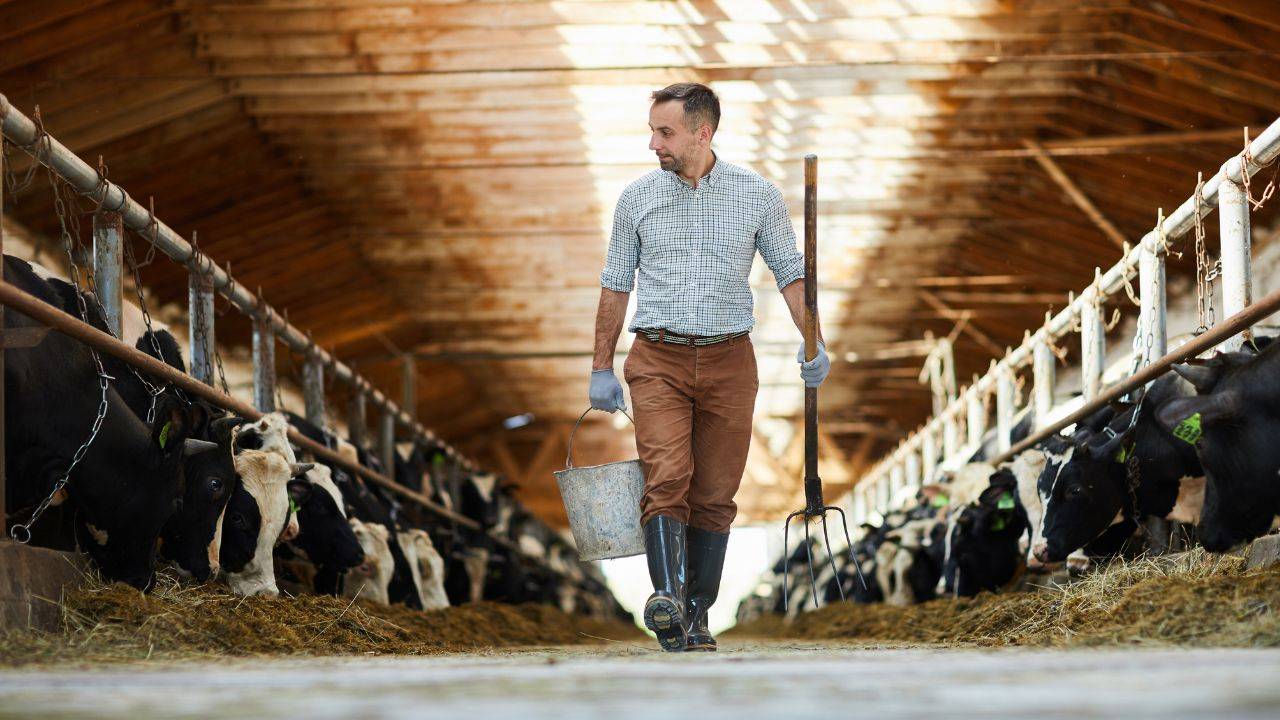The EPA has announced that it is in the advanced stages of investigating further restrictions and regulations on greenhouse gas emissions for large livestock farms. The main problem is the way these farms deal with manure and other serious pollution for nearby waterways.
The last time these regulations were updated was in 2008, and a lot has changed in our knowledge of how farming impacts the environment. AP News had a detailed report on the underlying problems.
“Runoff of waste and fertilizers from the operations — and from croplands where manure is spread — fouls streams, rivers and lakes. It’s a leading cause of algae blooms that create hazards in many waterways and dead zones in the Gulf of Mexico and Lake Erie.”
Despite previous stricter regulations, there are still serious problems in waterways, and it’s largely traced back to large farming operations.
The plan will likely focus on the use of fertilizers and manure on pasture land and their proximity to underground aquifers and waterways. More restrictions will likely aim to ensure less run-off to limit such pollution.
It will likely make meat and other animal products more expensive, which will then have a further positive impact on lowering demand and reducing pollution.
More inspiring green news similar to this:


